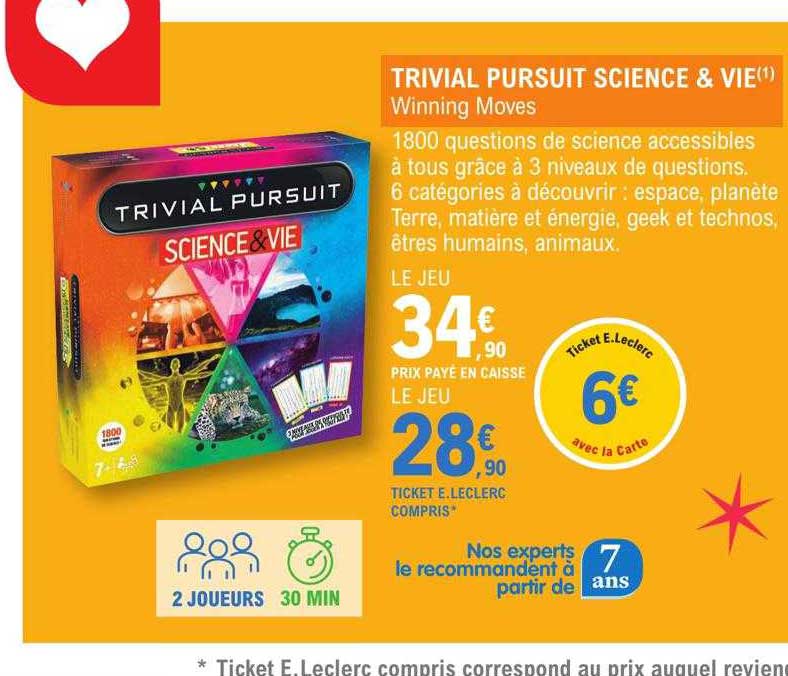Imagine a world without the internet, antibiotics, or even electricity. For most of us, such a concept seems unimaginable. Yet, it wasn’t long ago that these marvels of technology were just dreams in the minds of curious individuals. Driven by an insatiable thirst for knowledge, these pioneers embarked on journeys of exploration, pushing the boundaries of what was known and transforming the world we live in. This inherent human quality – curiosity – is the very engine of scientific progress. It’s the driving force behind humanity’s remarkable strides, from deciphering the mysteries of the cosmos to eradicating life-threatening diseases. In this exploration, we delve into the profound impact of curiosity as the cornerstone of scientific advancement.

Image: www.icatalogue.fr
Curiosity, the foundation of scientific exploration, is more than just a fleeting interest; it’s a deep-seated desire to unravel the mysteries of the universe. It’s the spark that ignites a passion for questioning, experimenting, and discovering. In the realm of science, curiosity fuels the relentless pursuit of knowledge, propelling researchers to push the limits of human understanding.
The Genesis of Curiosity: A Spark of Wonder
From the earliest civilizations to the modern scientific era, curiosity has been the bedrock of human progress. Imagine our ancestors looking up at the night sky, wondering about the celestial bodies twinkling above. This simple act of wonder, this burning desire to know, led to the birth of astronomy and the first attempts to understand the vastness of space.
Similarly, early civilizations observed patterns in nature, noticing the ebb and flow of tides, the changing seasons, and the cycles of plant growth. These observations sparked inquiries, driving the development of early agricultural practices, calendars, and the foundations of scientific inquiry.
The Evolution of Curiosity: From Observation to Experimentation
As human civilizations progressed, so did our understanding of the world around us. The shift from simple observation to controlled experimentation was a pivotal moment in the evolution of science. Early researchers, driven by curiosity, began conducting experiments to test their hypotheses and unravel the mysteries of life.
Think about the work of pioneers like Galileo Galilei, who challenged the prevailing beliefs about the Earth’s position in the universe. Through meticulously designed experiments, he proved that the Earth revolves around the sun, a discovery that shook the foundations of scientific thought at the time. Galileo’s curiosity, coupled with his methodical approach, paved the way for future generations of scientists to push the boundaries of knowledge even further.
Curiosity in Action: The Case of Modern Science
The impact of curiosity on modern science is evident in nearly every aspect of our lives. Take, for instance, the development of vaccines. Driven by a desire to eradicate devastating diseases, researchers dedicated themselves to understanding the intricacies of the immune system, leading to the development of vaccines that have saved millions of lives.
The internet, a cornerstone of modern society, is another testament to the power of curiosity. Inspired by a desire to connect people and information globally, researchers embarked on an extraordinary journey, culminating in the creation of a vast global network that has fundamentally changed the way we work, communicate, and access information.

Image: www.youtube.com
Curiosity Beyond the Lab: A Universal Drive
Curiosity is not confined to the realm of science. It extends to every aspect of human experience, driving us to seek new challenges, explore different cultures, and learn something new every day.
Think about the joy of learning a new language, the thrill of exploring a new city, or the satisfaction of solving a challenging puzzle. These experiences resonate with our innate curiosity, fueling our desire to expand our knowledge and horizons.
Cultivating Curiosity: Nurturing the Seeds of Wonder
In an age of instant gratification, it’s easy to lose sight of the importance of curiosity. We are constantly bombarded with information, making it challenging to slow down and engage in the deeper act of contemplation and inquiry. It’s imperative to cultivate curiosity in ourselves and future generations, ensuring that the spirit of exploration and discovery continues to thrive.
How can we nurture curiosity? The answer lies in fostering an environment of openness to new ideas, active listening, and a willingness to ask questions. Encourage children to ask “why?” and “how?” Provide opportunities for them to explore their interests through hands-on learning and real-world experiences.
Which Theme About The Pursuit Of Science
The Future of Curiosity: A Bright Horizon
As we look toward the future, curiosity remains the compass guiding us on our journey of discovery. It’s the driving force behind innovations in artificial intelligence, nanotechnology, and the exploration of space.
The pursuit of science is not simply about acquiring knowledge; it’s about igniting a passion for understanding the world around us. It’s about embracing the unknown, asking bold questions, and never ceasing to be amazed by the wonders of the universe. By cultivating curiosity, we empower ourselves and future generations to make groundbreaking discoveries, solving the world’s challenges and writing a new chapter in the fascinating story of human progress.
In Conclusion: Curiosity, the unyielding force driving the pursuit of science, is a testament to the boundless potential of the human spirit. It’s the invisible thread that connects us all, a spark of wonder that inspires us to explore, innovate, and shape a better future. By embracing our inherent curiosity, we can continue to unlock the secrets of the universe, making a lasting impact on our world and those who come after us.





